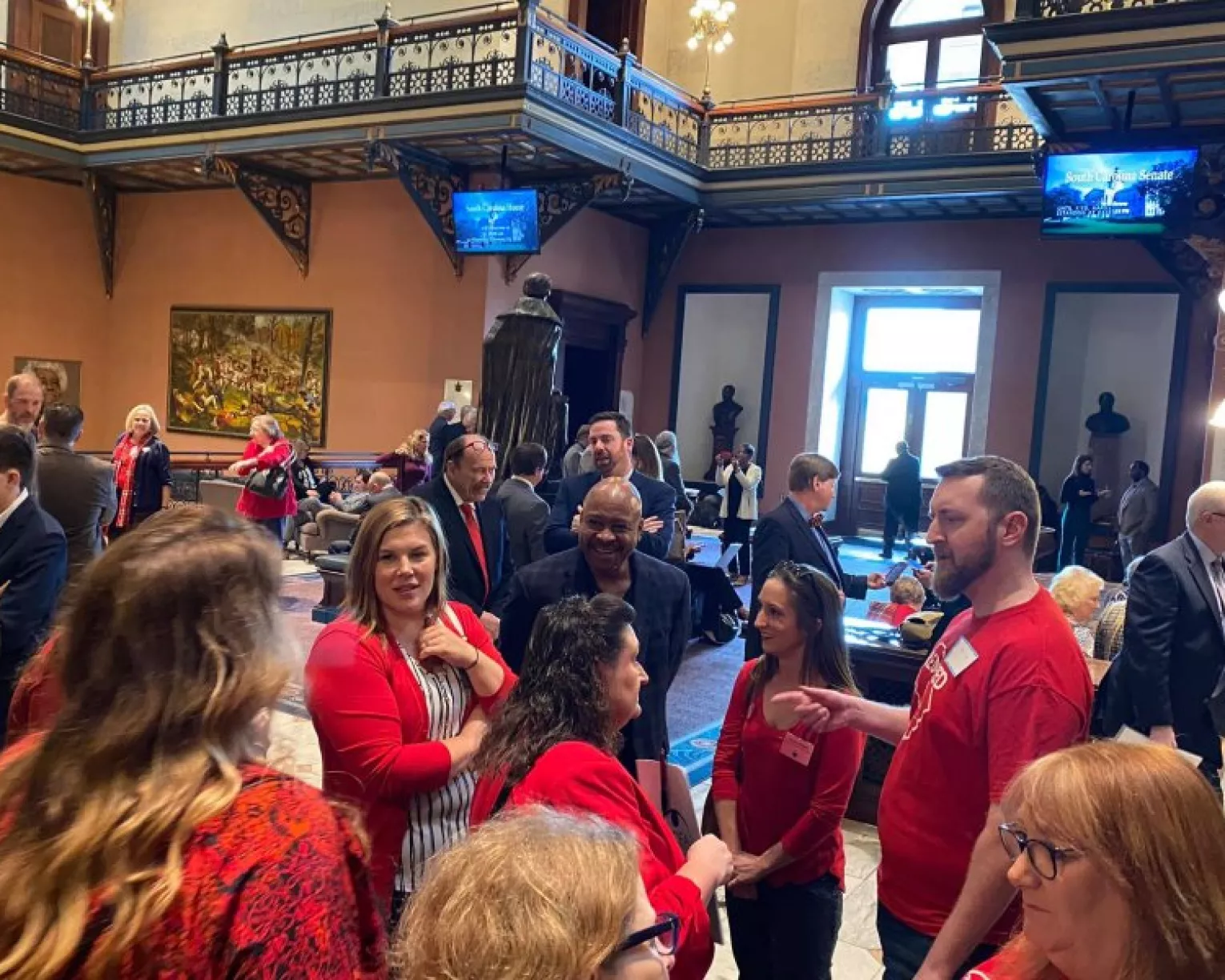One out of six children lacks consistent access to the food needed for fueling their bodies and minds. Child nutrition programs are important in fighting child hunger.
When students participate in school meals programs, their behavior, comprehension, and attendance improve. The meals children receive prepare them for learning and shape their food choices and health outcomes as adults.
Help students get the healthy meals they need. Ask Congress to fund free school meals for all students, hands-on training and professional development for school food-service staff, and up-to-date equipment for school kitchens.
Our History of Fighting for Child Nutrition
School Lunch Program Esablished
School Meals now Include Breakfast
Expanded the Federal Subsidies
Tackling Nutrition and Physical Activity
Making School Meals Healthier, More Available
Use Your Educator Voice.

